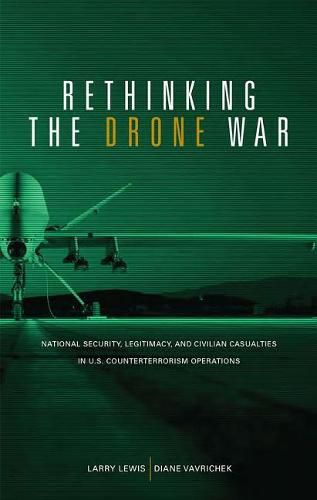Drones constitute a recent addition to the long list of technological advancements in warfighting over time, a list that includes the development of the crossbow, gunpowder-powered projectile weapons, chemical weapons in World War I, and rockets and jet aircraft in World War II. The most advanced drones–the armed Predator and Reaper models–offer persistent surveillance as well as the ability to engage targets from almost anywhere across the globe, without a requirement for forces on the ground. This extended reach offers a clear example of how advances in technology can provide a new and effective option for using lethal force. Technological advancements and changing security practices affecting the use of force raise important ethical and practical questions, such as whether the technologies and practices should be used in warfare and whether self-imposed limits are appropriate for their responsible use, which can be addressed through national policy decisions, as well as such international laws and standards as the principles of humanity enshrined.Related items: The Ethics of Drone Strikes: Does Reducing the Cost of Conflict Encourage War? can be found here: https: //bookstore.gpo.gov/products/sku/008-000-01196-6 Lethal and Legal?: The Ethics of Drone Strikes can be found here: https: //bookstore.gpo.gov/products/sku/008-000-01176-1 Terrorist and Insurgent Unmanned Aerial Vehicles: Use, Potentials, and Military Implications can be found here: https: //bookstore.gpo.gov/products/sku/008-000-01199-1 Parameters: The US Army War College Quarterly, V. 46, No. 1, Spring 2016 can be found here: https: //bookstore.gpo.gov/products/sku/708-055-00125-1 Autonomous Weapon Systems: A Brief Survey of Developmental, Operational, Legal, and Ethical Issues can be found here: https: //bookstore.gpo.gov/products/sku/008-000-01177-0 Studies in Intelligence, Journal of the American Intelligence Professional. Unclassified Studies From Studies in Intelligence, V. 57, No. 4 (December 2013) can be found here: https: //bookstore.gpo.gov/products/sku/041-015-00312-7 Counter-terrorism resources collection is available here: https: //bookstore.gpo.gov/catalog/security-defense-law-enforcement/counterterrorism
Read More





